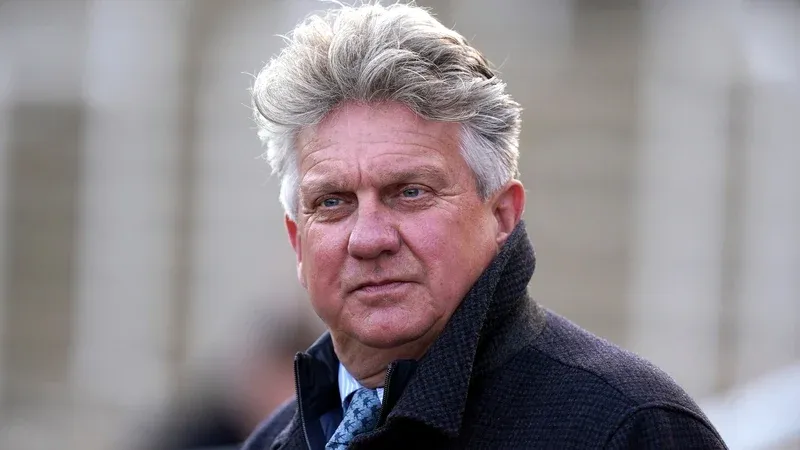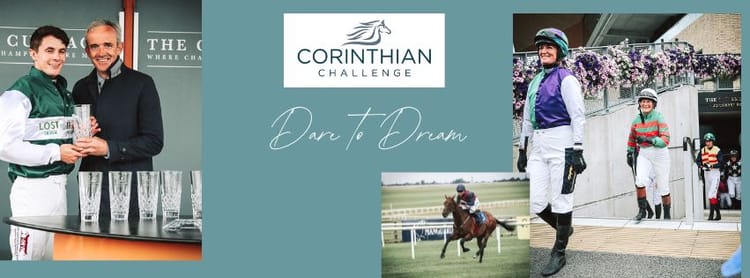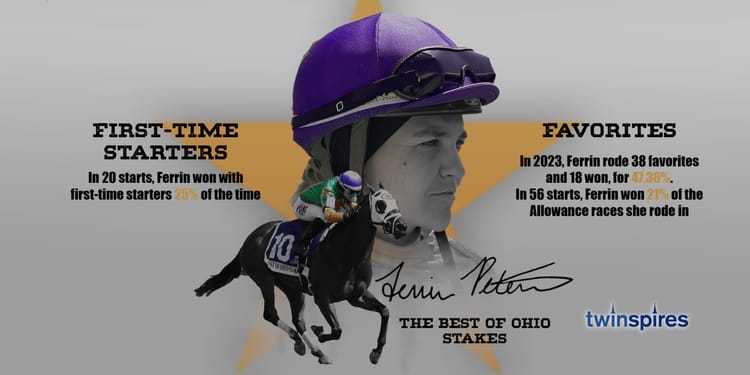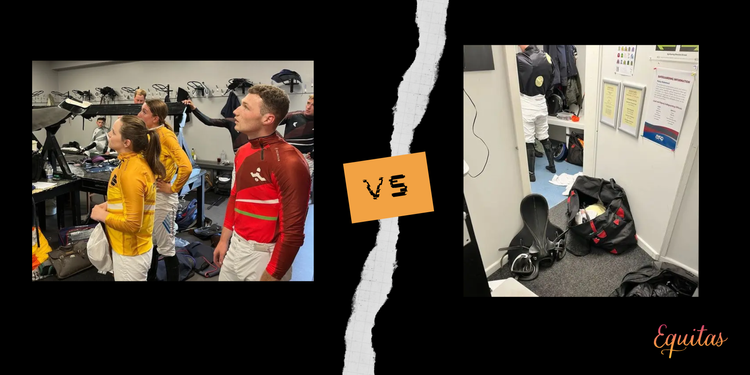The Rise and Fall of a Racing Mogul - Part 1

Milton Harris's saga in the horse racing industry, once a narrative of triumph and acclaim, has taken a dramatic turn, casting shadows over his illustrious achievements.
His name, long associated with the success of horses like Knight Salute, winner of the prestigious 2022 Grade One Jewson Anniversary 4-y-o Juvenile Hurdle at Aintree, is now entangled in controversy following the British Horseracing Authority's (BHA) severe scrutiny and subsequent findings.
The BHA's apprehensions stem from Harris' acknowledged violations of existing license conditions imposed in 2018 and his lack of transparency in dealings with the BHA, especially regarding remedying these breaches. Additional concerns include Harris' misconduct in interactions with other licensed individuals and safeguarding issues related to his conduct with young staff at his racing yard.
The licensing committee, after a four-day private hearing and extensive review of over 1,000 pages of evidence, found that Harris breached multiple conditions of his license, notably by becoming a director and sole owner of a company contrary to the imposed conditions, and by failing to maintain transparency in his horse transaction dealings. The committee noted Harris' pattern of deflecting blame and disregarding the importance of regulations in the horse racing industry.
The BHA's investigation into Harris's professional conduct unveiled a troubling pattern of breaches, raising significant concerns about his adherence to the stringent standards set for the industry.
The allegations were not limited to minor infractions but pointed to a deeper issue of ethical misconduct and a failure to uphold the safeguarding principles crucial in an industry that prides itself on integrity and fair play.
The concerns extended beyond Harris's individual actions, casting a stark light on the broader implications for the reputation and integrity of the racing community.
Despite Harris' significant standing in the racing community and his acknowledged contributions, including offering opportunities to young individuals, the committee concluded that his pattern of conduct, particularly the bullying and intimidation of a fellow trainer and inappropriate behaviour towards young and vulnerable employees, renders him unfit to hold a trainer's license. The committee underscored that while regulation in the sport of horse racing is crucial for maintaining public trust and integrity, Harris' actions and disregard for regulatory norms do not align with the professional standards expected in the industry.
As details of the case continue to surface, the narrative shifts from Harris's personal downfall to a critical examination of the racing industry's values and the responsibility it bears in enforcing them. The unfolding events compel stakeholders, from trainers and owners to regulatory bodies, to introspect and reaffirm their commitment to maintaining the sport's integrity.
The BHA's decisive action is not just a statement against one individual but a broader call to uphold the highest ethical standards, ensuring the sport remains a testament to fair competition and respect for all participants.
The industry now stands at a critical juncture, reflecting on the delicate balance between ambition and ethical responsibility. As the community grapples with the repercussions of Harris's actions, the focus shifts to strengthening accountability and safeguarding measures, ensuring that the legacy of horse racing is defined not by the missteps of the few but by the collective commitment to excellence and integrity of the many.
The next instalment is out tomorrow and will delve deeper into the specific breaches, the response of the racing community, and the path forward in the aftermath of this controversy.





